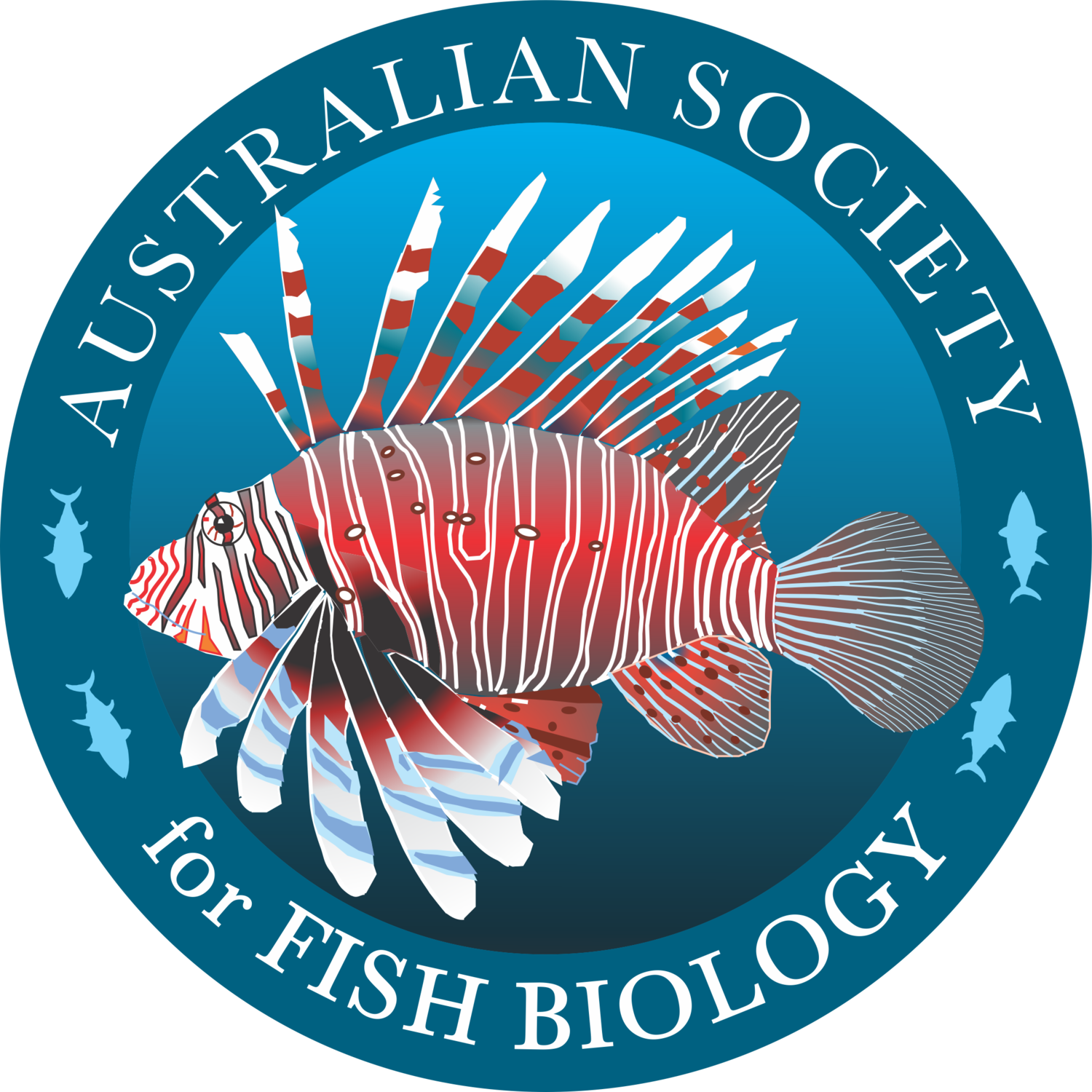Professor Michael John Kingsford
Born in New Zealand, Mike graduated with a PhD from the University of Auckland in 1986 after completing his research at Leigh Marine Laboratory. After a brief stint working with the NZ Ministry of Agriculture & Fisheries, Mike took up a post-doctoral fellowship at the University of Sydney (1987-1988), where he became a tenured academic, before taking up the role of Head of the School of Marine Biology and Aquaculture at James Cook University in 2001, where he is currently a Distinguished Professor in Marine Biology.
Prof. Kingsford’s extensive portfolio of 185+ publications (with 8,000+ citations) reveals a great depth and diversity of topics that he has explored in his research, including: population and community ecology of reef-associated and pelagic fishes; the importance of oceanographic features for larval fish dispersal; how otolith microstructure and elemental chemical tags in fishes can be used to elucidate patterns of connectivity and recruitment; the importance of sensory cues for larval fish settlement; and the consequences of climate change for marine ecosystems.
Mike was well known for showing an incredible commitment and vigour in the field, and stints with him to various research stations on the Great Barrier Reef were always very productive, with never a dull moment. Besides numerous dives for the day, catching newly recruited fish and the general chores that go along with living at a research station for weeks or months, Mike always made time for a few antics, like repeatedly throwing his students into the water, and on one occasion temporarily relocating the outboard motor off a tinny while the occupants were diving underwater. They returned to the boat to find themselves with no motor, and set to paddling their way back across One Tree lagoon, to the delight of everyone waiting on the beach who watched a ‘gondola’ slowly make its way back. Mike was also well known for belting out a few songs while driving to and from dive sites and there was often much debate about the origin of these songs or whether Mike had just made them up.
Prof. Kingsford has also shown an exceptional commitment to student-led science education. Mike has authored several textbooks, and has dedicated almost three decades to excellence in higher education through undergraduate courses in marine science, biological oceanography, invertebrate biology and marine ecology, as well as his development of degree-level programs among multiple institutions. Mike’s incredible love of science and fish in particular has no doubt encouraged many students into careers in marine biology. Mike has mentored over 80 students in the art and science of ichthyology, many of whom are now prominent members of the global community of fish and fisheries scientists and managers. Many a student will remember Mike not only coming into the field with them – he loved to shoot a fish or two whether with a camera or spear gun – but also the office meetings where he’d often say “Haven’t we talked about this before”. Moreover, Mike has contributed exceptional energy to institutional leadership via his roles in various government, museum and NGO advisory committees, as Director of One Tree Island Research Station and the Coral Reef Research Institute, and academic roles such as the Head of School, Dean, and Pro-Vice Chancellor. Mike has also contributed to fish-related science in Australia as lead organiser of the following major conferences: The International Larval Fish Conference, Sydney 1995; the Australian Society for Fish Biology, Sydney 1995; Australian Coral Reef Society 2003, Townsville; the Australian Society for Fish Biology, Townsville, 2011.
For his outstanding contributions to ichthyology, Professor Michael Kingsford was awarded the 2017 K. Radway Allen Award by the ASFB.
Prepared by Prof. Bronwyn Gillanders (U Adelaide), Assoc. Prof. Chris Fulton (ANU) and Dr. Heather Patterson (ABARES)
Selected Publications:
Bottesch M, Gerlach G, Halbach M, Andreas B, Kingsford MJ, Mouritsen H (2016) A magnetic compass that might help coral reef fish larvae return to their natal reef. Curr Biol26, R1266-R1267.
Brierley AS, Kingsford MJ (2009) Impacts of climate change on marine organisms and ecosystems. Curr Biol19, R602-R614.
Gerlach G, Atema J, Kingsford MJ, Black KP, Miller-Sims V (2007) Smelling home can prevent dispersal of reef fish larvae. Proc Nat Acad Sci USA104, 858-863.
Kingsford MJ, Leis JM, Shanks A, Lindeman KC, Morgan SC, Pineda J (2002) Sensory environments, larval abilities and local self-recruitment. Bull Mar Sci70, 309-340.
Atema J, Kingsford MJ, Gerlach G (2002) Larval reef fish could use odour for detection of lagoonal waters. Mar Ecol Prog Ser241, 151-160.
Kingsford MJ, Battershill CN (1998) Studying temperate marine environments: a handbook for ecologists. University of Canterbury Press, Christchurch.
Gillanders BM, Kingsford MJ (1996) Elements elucidate the contribution of estuarine recruitment to sustaining populations of reef fish. Mar Ecol Prog Ser114, 13-20.
Kingsford MJ, Choat JH (1986) Influence of surface slicks on the distribution and onshore movements of small fish. Mar Biol91, 161-171.

